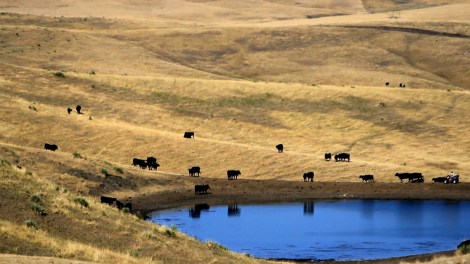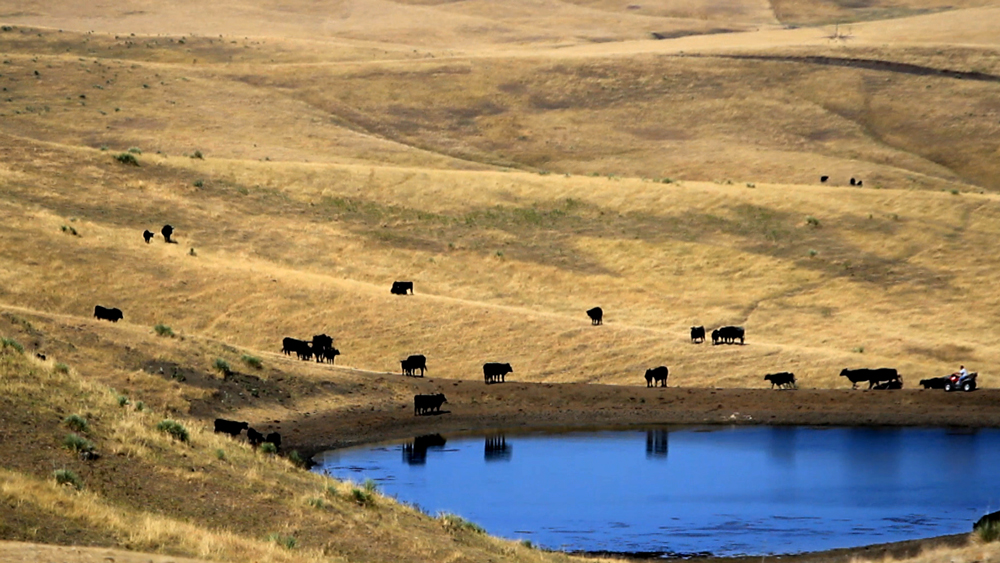Where’s the beef? Well, it’s not in West Texas these days. It’s always been kind of dry and desolate, but the last two years of epic drought have taken a serious toll on the region, driving in tumbleweeds and driving out agriculture and related business.

Earlier this month, a West Texas Cargill cattle processing plant suspended operations, leaving about 2,300 residents of Plainview out of work, more than 10 percent of the town’s population. The company says it’s not a permanent closure, but let’s be real, Cargill: This is looking a lot like devastating dust-bowl economics, round two. From The New York Times:
Dozens of former plant workers have already moved, finding new jobs with the plant’s owner, Cargill, or other companies outside Plainview or outside the state, many pulling their children out of the town’s 12 public schools. When workers receive their last paychecks in three weeks, the question is whether they will stick around. And then, the more existential question, can the town survive without those who leave?
With fewer than 8,000 households in the city and hundreds of them set to leave (or already gone), schools could lose millions in funding, and the ghost-town effect could accelerate. The Amarillo Globe-News reports:
The shutdown and its ripple through the regional economy could mean an annual loss of $1.1 billion in economic activity, Texas A&M AgriLife Extension Economist Steve Amosson predicted in January when Cargill made the closure announcement.
American cow-eating is pretty terrible for the planet — arguably this Cargill plant is suffering to some extent by its own hand. But that’s no consolation to the workers who are now struggling to make it in an even more dry, more desolate Plainview. The Times reports that every Saturday, residents and laid-off Cargill employees walk in a circle around the closed plant, praying for a miracle. Soo I’ll hold off on celebrating.



